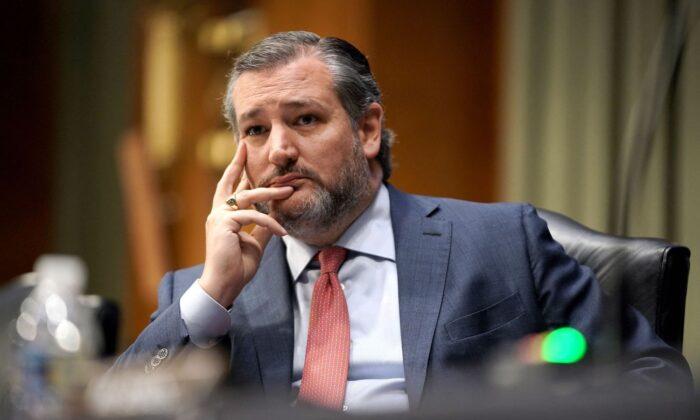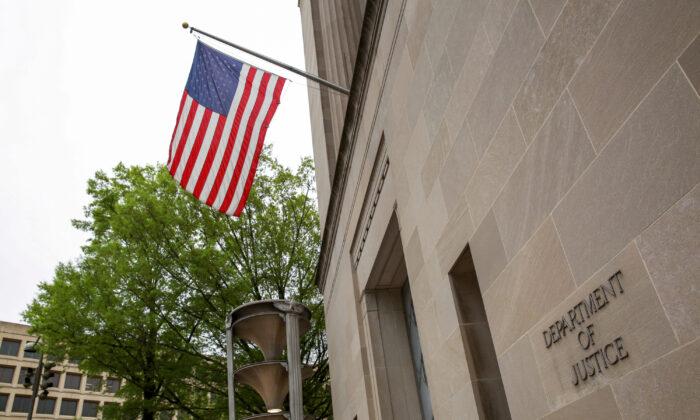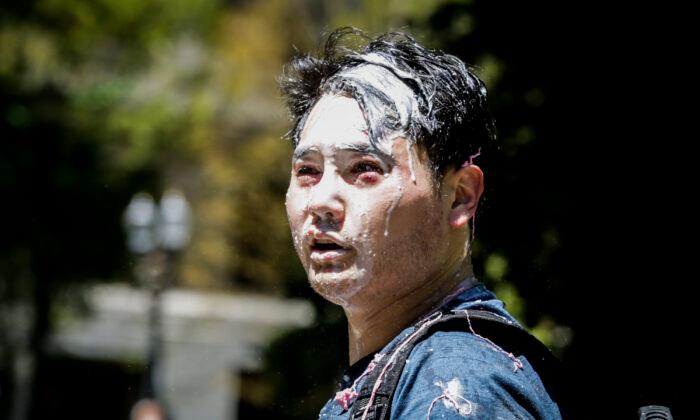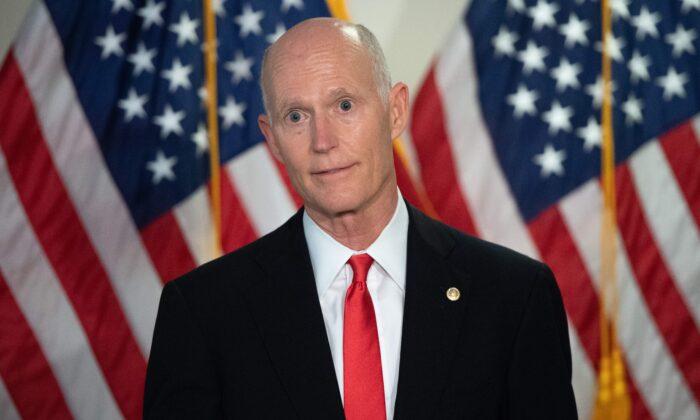The Australian government needs to do more to combat organ trafficking and transplant tourism crimes, a report from a parliamentary inquiry has recommended.
The inquiry—which arose from a series of private briefings with the Falun Dafa Association of Australia, former Canadian secretary of state for Asia-Pacific David Kilgour, and human rights lawyer David Matas—considered whether the country’s organ trafficking laws should be extended to prohibit citizens from travelling overseas for unethical transplants and whether Australia should accede to the 2014 Council of Europe Convention against Trafficking in Human Organs.
The committee said they were not in the position to decide on the truth of the allegations against the Chinese state but were “inclined to conclude that organ trafficking has occurred in China and may continue to occur, albeit on a lesser scale.” Given the Chinese Embassy’s silence on the allegations, the sub-committee recommended that the Australian government monitor and express concern about the Chinese Communist Party’s (CCP) transplantation practices.
Australia Should Sign Convention
Meanwhile, the report also recommended that Australia should accede to the 2014 Council of Europe Convention—a treaty that has governments criminalise certain forms of organ transplantation, including where the donor is not freely consenting, or where the donor or a third party receives financial gain from the transaction.“Australia has an obligation to demonstrate leadership as a notable organ-importing jurisdiction, and now has the opportunity to do so through accession to the convention,” it said.
Madeleine Bridgett, a member of Australian Lawyers for Human Rights, previously told the inquiry in June that Australia could play a leading role in the Asia-Pacific region “in ensuring all Australians are sourcing organs legally and ethically.”
Australian Laws Not Strong Enough
A spokeswoman for NSW Greens MLC David Shoebridge told The Epoch Times that the recommendations from the report are a “clear recognition” that New South Wales (NSW) and Australian laws are not currently strong enough to deter Australians from participating in the unethical sourcing of human organs while overseas.“I think the report writers have rightly not accepted the position that what is being done [by China] is sufficient,” she said. “What we are calling for [the federal government] to do is to take immediate action on it.”
Shoebridge is seeking to pass a bill in the NSW Parliament that will “at the very least” prohibit members of the NSW community going overseas and buying illegally harvested organs.
The bill includes amendments to the state’s Human Tissue Act 1983 requiring medical professionals to report to the NSW Secretary of Health when they believe that one of their patients has received an organ from a non-consenting donor.
Real Bodies Exhibition

Various reports also corroborate Kilgour’s concerns. The sub-committee cited a 2004 Der Spiegel report mentioning that multiple human cadavers sourced from Sui between 2000 and 2004 were observed to have bullet holes in their skulls. Sui had also stated in email correspondence dated Dec. 29, 2001, that he had obtained two “very fresh” cadavers which had just been shot and had their livers removed, allegedly for transplantation purposes.
Shoebridge said that when the Real Bodies exhibition opened in NSW, “we found that the NSW Police were unable to intervene because the law did not provide clear enough guidance that this was an offence under NSW law,” according to statement.
Demand Driving Black Market
The report concluded that the gap between the number of people who needed an organ and the number of organs available is driving demand in the illegal trade of human organs.The committee’s chair, Liberal MP Kevin Andrews, said that when patients become desperate, they may turn to transplant tourism.
In Australia, more than 1,400 people are waiting for an organ, while a further 11,000 are on kidney dialysis.
The report recommended that in order to address the shortfall, the federal government should improve organ donation rates through a number of measures like funding and awareness campaigns. But policy and legislative measures should be strengthened to prevent citizens from obtaining illegal transplants in Australia or overseas.
The government will have three months as set by the Senate to respond to the recommendations in the report.




